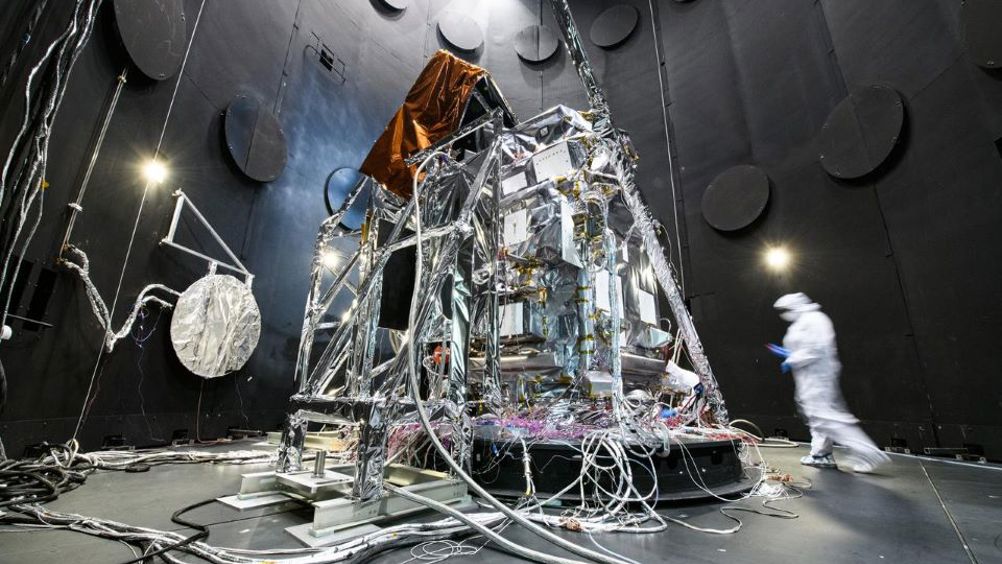UK sensor to illuminate understanding of phytoplankton
NASA is to acquire ‘unprecedented’ levels of information about phytoplankton with a sensor built at Leonardo in Southampton that is onboard NASA’s PACE mission.

Launched on February 8, 2024, NASA’s PACE (Plankton, Aerosol, Cloud, ocean Ecosystem) mission will collect information on the processes behind carbon dioxide exchange in the ocean.
Leonardo delivered sensors for the development of the Ocean Colour Instrument (OCI) onboard PACE that will help to reveal a new spectrum of colours of the ocean.
The Ocean Colour Instrument (OCI) is a highly advanced optical spectrometer that will be used to measure properties of light over portions of the electromagnetic spectrum. It will enable the continuous measurement of light at finer wavelength resolutions and over a larger spectral range than previous NASA satellite sensors, extending key system ocean colour data records for climate studies.
Phytoplankton are microscopic organisms that contribute to the conversion of carbon dioxide from the atmosphere to the ocean. Carbon dioxide is critical for photosynthesis, and the carbon is incorporated into phytoplankton cellular material and released as oxygen.
The sensor will indicate the density of the phytoplankton population and help NASA identify specific communities of phytoplankton that have different colour signatures. This is important since some forms of phytoplankton can be highly toxic for marine life and for humans who consume shellfish and fish.
Register now to continue reading
Thanks for visiting The Engineer. You’ve now reached your monthly limit of news stories. Register for free to unlock unlimited access to all of our news coverage, as well as premium content including opinion, in-depth features and special reports.
Benefits of registering
-
In-depth insights and coverage of key emerging trends
-
Unrestricted access to special reports throughout the year
-
Daily technology news delivered straight to your inbox









Water Sector Talent Exodus Could Cripple The Sector
Maybe if things are essential for the running of a country and we want to pay a fair price we should be running these utilities on a not for profit...